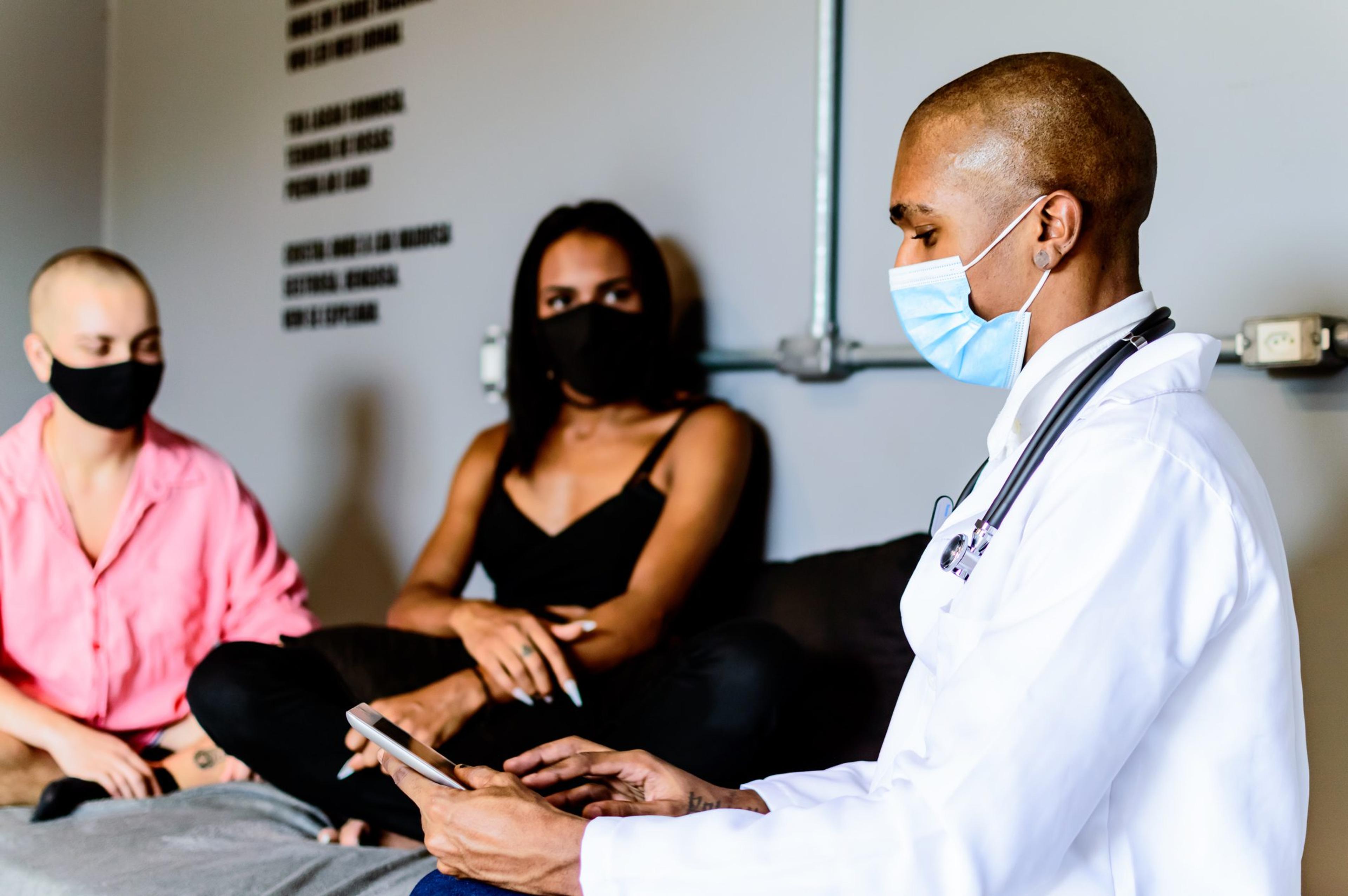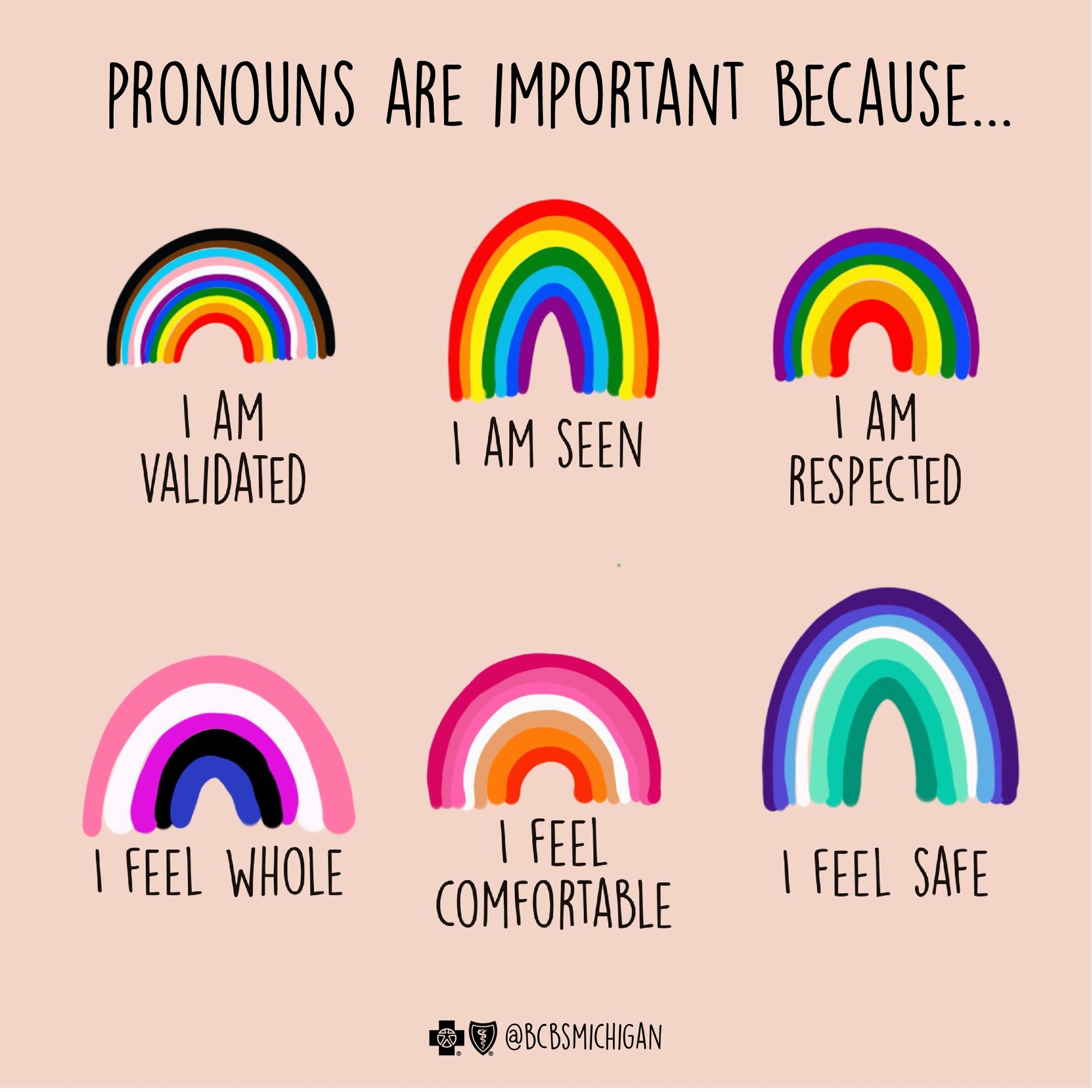New Corktown Health Institute Will Be a Beacon for LGBTQIA+ Inclusive Health Care
Amy Barczy
| 3 min read
Amy Barczy is a former brand journalist who authored...

To Dr. Diane Levine, vice chairwoman for education and professor in the Department of Internal Medicine at Wayne State University, LGBTQIA+ affirming health care starts the moment a patient walks into a provider’s office.
“LGBTQIA+ affirming care is care where someone feels they are their authentic self,” Levine said. “If a patient can’t be their authentic self with a nurse or doctor, they won’t share the information they need to treat their health condition.”
LGBTQIA+ populations have some of the highest rates of tobacco, alcohol and other drug use. They also have higher rates of mental health disorders and suicide. But often, individuals who are LGBTQIA+ don’t seek out the health services they need – partially because they don’t feel safe sharing their personal information about their gender or sexual identity with health care providers. This can be damaging to their long-term health and wellbeing: the LGBTQIA+ community is considered a “health disparity population” by the National Institute on Minority Health and Health Disparities.
Located in Detroit’s Corktown neighborhood, Corktown Health is a “shining light” for LGBTQIA+ inclusive health care, Levine said.
Corktown Health, the state’s first medical home dedicated to providing high-quality, affirming health care to the LGBTQIA+ community, is now seeking to help health care providers, organizations and municipalities advance equitable LGBTQIA+ health care practices in Michigan.
To further this mission, Corktown Health is now launching Corktown Health Institute thanks to a $50,000 grant from Blue Cross Blue Shield of Michigan as well as partners statewide including Wayne State School of Medicine, DMC Foundation, Michigan Department of Health and Human Services and several LGBTQIA+ community centers located throughout Michigan. The institute seeks to expand education and training for providers and organizations. Some of its first actions include developing online programs on LGBTQIA+ affirming care, offering training to providers and compiling a directory of LGBTQIA+ affirming providers in Michigan.
“So many people in practice today had no formal training in this,” Levine said. “When people practice medicine, the practices age with them. How physicians think is impacted by the reading that they do and their continued education. Many people in practice today have not made this (LGBTQIA+ inclusive health care) a focus of their continuing education.”
Today, medical schools are including LGBTQIA+ affirming care as a part of education for students. For example, some students at Wayne State University’s Medical School see patients at Corktown Health as an extension of their coursework.
“It starts with how we introduce ourselves to patients,” Levine said, explaining that she has adopted the practice of explaining her pronoun preference – she/her/hers – when she meets her patients.
While providers can set the example and lead their practices in adopting LGBTQIA+ affirming care models, Levine said the entire practice must be engaged to make all patients feel welcome and safe.

More from MIBluesPerspectives:
Photo credit: Getty Images





